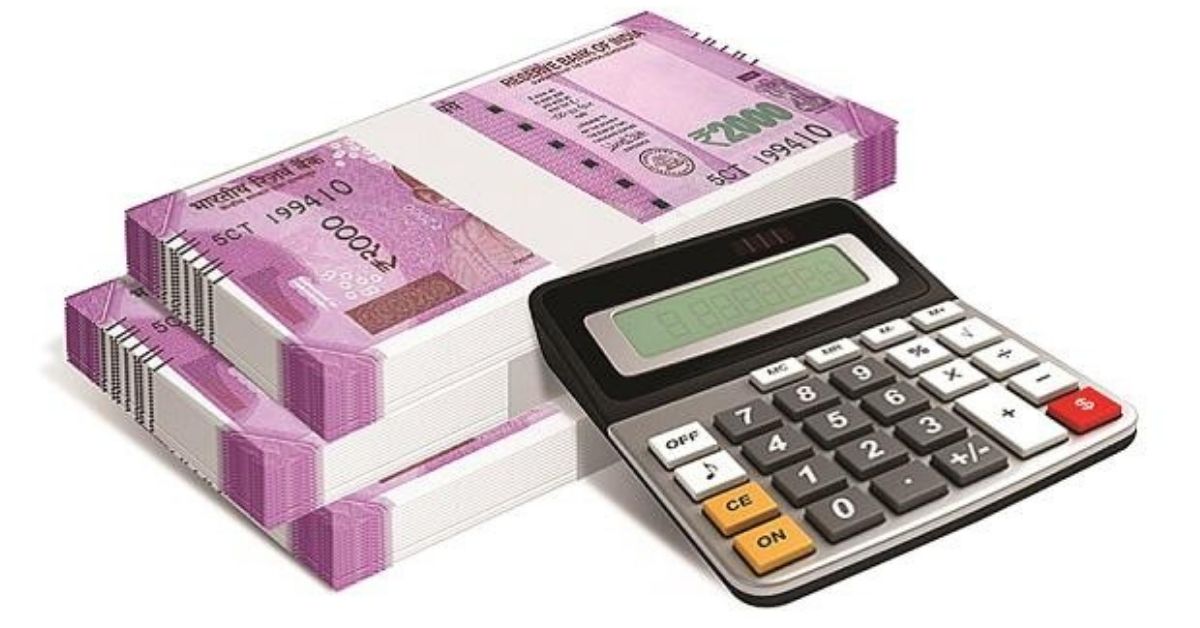The government is planning to restructure the revenue department, following administrative reforms such as faceless assessment and appeals in direct taxes and customs.
People in the know said the government was examining measures like the strengthening of the Central Economic Intelligence Bureau (CEIB).
One option being explored is placing the intelligence and investigation units of both the Central Board of Direct Taxes (CBDT) and Central Board of Indirect Taxes and Customs (CBIC) under the CEIB.
“Discussions over the restructuring exercise have been taking place for some time; the final decision is yet to be taken,” said a government official.
Under this structure, director general or DG (investigation), DG (goods and services tax intelligence), Directorate of Revenue intelligence (DRI), Enforcement Directorate, etc, may all be placed under the administrative and supervisory jurisdiction of the CEIB.
Further, the Tax Research Unit (TRU) and Tax Policy and Legislation (TPL) wings may be placed under Additional Secretary, Revenue. The idea is to ensure that the two boards — CBDT and CBIC — focus solely on revenue collection.
The CEIB was set up in 1985 and is the nodal agency for economic intelligence. It coordinates with agencies looking into economic offences within the Department of Revenue and other intelligence and enforcement agencies, including IB, RAW, CBI, etc.
At present, it has three wings — Administration and Coordination Wing (AC), Economic Intelligence Wing (ECOINT), and Conservation of Foreign Exchange and Prevention of Smuggling Activities (COFEPOSA) Wing.
The role of the CEIB is to provide a platform for sharing and disseminating information to different state and central government agencies, on the modus operandi for tax evasion.
Discussions on whether to merge the CBDT< and CBIC are also being held. However, a few months ago, the department of revenue had clarified that it was not considering any proposal to merge the two boards.
The merger was one of the recommendations of the Tax Administration Reforms Commission (TARC), headed by Parthasarathi Shome, which submitted its report in 2016. It had said the TARC report was examined in detail by the government, and this recommendation was not accepted.
The 550-page report stated that the two boards must embark on “selective convergences immediately to achieve better tax governance, and, in the next five years, move towards a unified management structure with a common board for both direct and indirect taxes”.
However, the report did not talk about the reorganisation of investigation wings.
Another option being considered is to shift the CEIB under the ministry of home affairs (MHA) and merge the narcotics control bureau with CEIB. Merger of all investigation departments under a new setup is also on the radar.
In August 2019, the government had introduced faceless assessment in direct taxes to eliminate the physical interface between taxpayers and the tax authority. In September, it came out with its faceless appeals mechanism.
Source : Business-Standard







